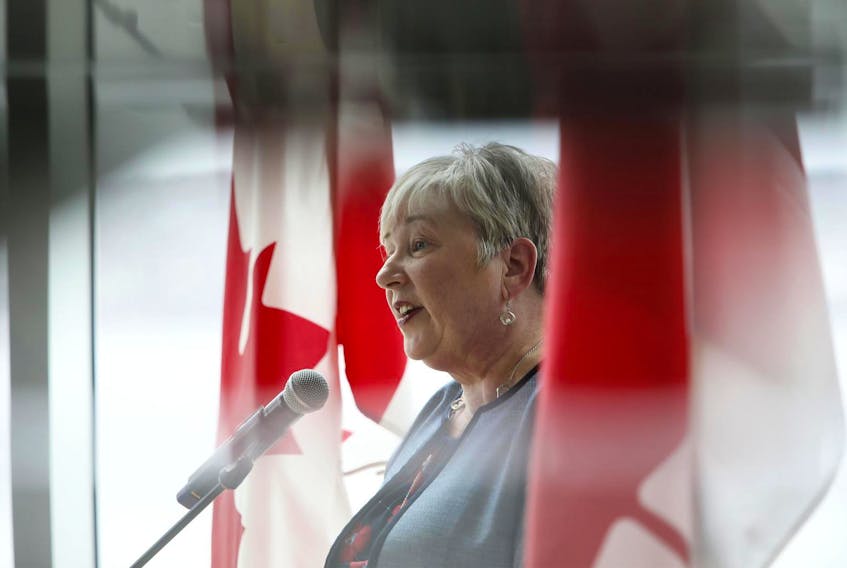BERNADETTE JORDAN
Reconciliation is often described as charting a new path forward, but it’s also about honouring an original promise.
Nova Scotia’s relationship with Indigenous peoples is rooted in Treaties of Peace and Friendship. These Treaties set out long-standing commitments, mutual obligations and benefits between the Crown (now represented by the Government of Canada) and the Mi’kmaw, Maliseet and Peskotomuhkati people.
So when people ask what Reconciliation looks like, I suggest that it could begin by honouring the promises made in the treaties. That starts by learning about the history of the treaties themselves. And we all have an obligation to do this, because we are all treaty people.
I grew up on the South Shore of Nova Scotia, in a generation that was never taught about the history of Indigenous Peoples. I never knew about residential schools, or the Sixties Scoop. I passed by streets and buildings named after Edward Cornwallis, totally unaware of the atrocities he committed toward the Mi’kmaw people. What I do remember is one week in junior high when we learned about what our teacher called the “myths” that the Glooscap people believed. I was brought up by a system that believed I had no reason to learn more than this.
When I became a Member of Parliament, I began to see these huge, unsettling gaps in my education. I learned about the legal and cultural significance of the treaties, and my obligation as a Canadian to uphold them. Mostly, I’ve learned about Canada’s failure to honour treaties across the country over the last 250 years, and the devastating consequences for First Nations people.
The recent events surrounding Nova Scotia’s fisheries have brought the treaty relationship to the forefront. This is exactly where it needs to be. Many non-Indigenous Canadians now understand that the Mi’kmaq have a constitutionally protected treaty right to fish in pursuit of a moderate livelihood.
When we understand our history and responsibility as treaty people, it changes how we understand these moments. This is not about creating a brand new fishery outside the law. This is about actualizing a fishery that always had a right to exist. This can be a turning point in our treaty relationship.
We need to do things differently. In this instance, that means working in partnership with First Nations to launch a fishery that members of their community can earn a moderate livelihood from. It means working together to ensure the fishery is viable, sustainable, has the tools it needs to succeed, and where conservation of the resource for generations to come is key.
Reconciliation is an uncomfortable and difficult process, as we unlearn and relearn our history — and it will certainly mean changing the way things have always been done. But as I relearn our shared history, I see this as something we need to be committed to as Canadians.
This is a promise we have made as treaty people.
Bernadette Jordan is minister of Fisheries and Oceans and the MP for South Shore-St. Margarets. Treaty Day is Oct. 1.









